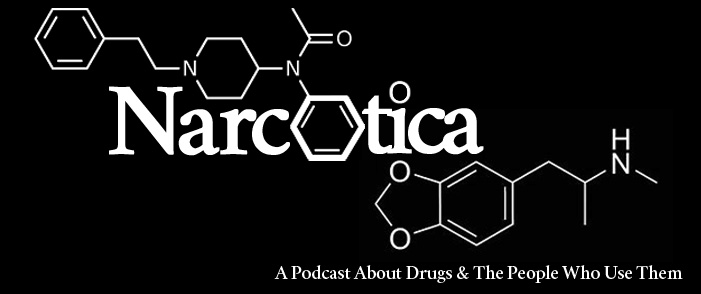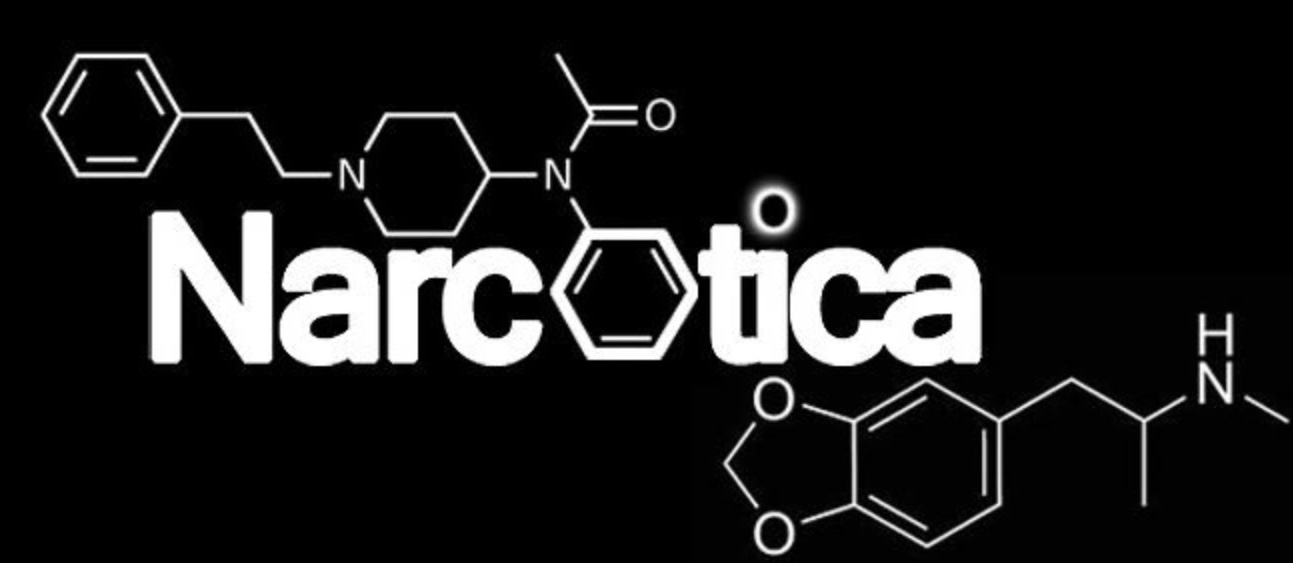Episode 65: Restoring Trust in Doctors Amidst The Overdose Crisis with Dr. Ben Cocchiaro and Dr. Ashish Thakrar
Over the past two decades, as fatal drug overdoses have risen precipitously, few professions have been hit harder by the crisis than the medical community. Physicians in particular have found themselves in the no-win position of being both blamed for the overdose crisis, which claimed more than 100,000 American lives in the past 12 months, while being tasked with containing it.
According to one dominant narrative, it was cavalier doctors who sparked the crisis in the first place, by overprescribing habit forming narcotic painkillers to millions of Americans after being softened up at lavish dinners and then duped by nefarious pharmaceutical reps using fudged data.
But that’s overly simplistic. For starters, it ignores the fact that the greatest spike in drug deaths came when doctors reigned in opioid prescribing after authorities started targeting so-called pill mills. This left tens of thousands of pain patients stranded and paved the way for the introduction of illicitly made fentanyl into the U.S. to fill unmet demands.
Narcotica co-host Christopher Moraff delves into this topic, asking how the medical community can work to restore trust from their patients who are justifiably suspicious of the U.S. healthcare system, speaking with doctors Ashish Thakrar and Ben Cocchiario, who both work for the University of Pennsylvania medical system in Philadelphia, a focal point of the overdose crisis. They cover everything from methadone prescribing to overfunding the DEA, all of it underlining the importance of patient autonomy.
Follow Ben Cocchiaro at UPenn
Follow Ashish Thakrar on Twitter @especially_APT
If you liked this episode, here are others you might enjoy:
Episode 46: Behind The Pharmacists’ Counter with Jessica Moreno
Episode 36: Moral Hazards and Naloxone, A Toxicologist’s Perspective
Episode 30: Getting Wrecked with Dr. Kim Sue
Follow Narcotica on Instagram, Facebook, Twitter, YouTube and support us on Patreon. Help keep this podcast ad-free! Your support is appreciated! We’re on Spotify, iTunes, Stitcher and more. Tell your friends about us! Rate us! And thanks for your support!
Producers: Christopher Moraff, Troy Farah, Zachary Siegel
Co-producer: Aaron Ferguson
Music: Glass Boy / Nomad1
Intro voice: Jenny Schaye
Image: Stockvault // edit: Troy Farah






















Recent Comments